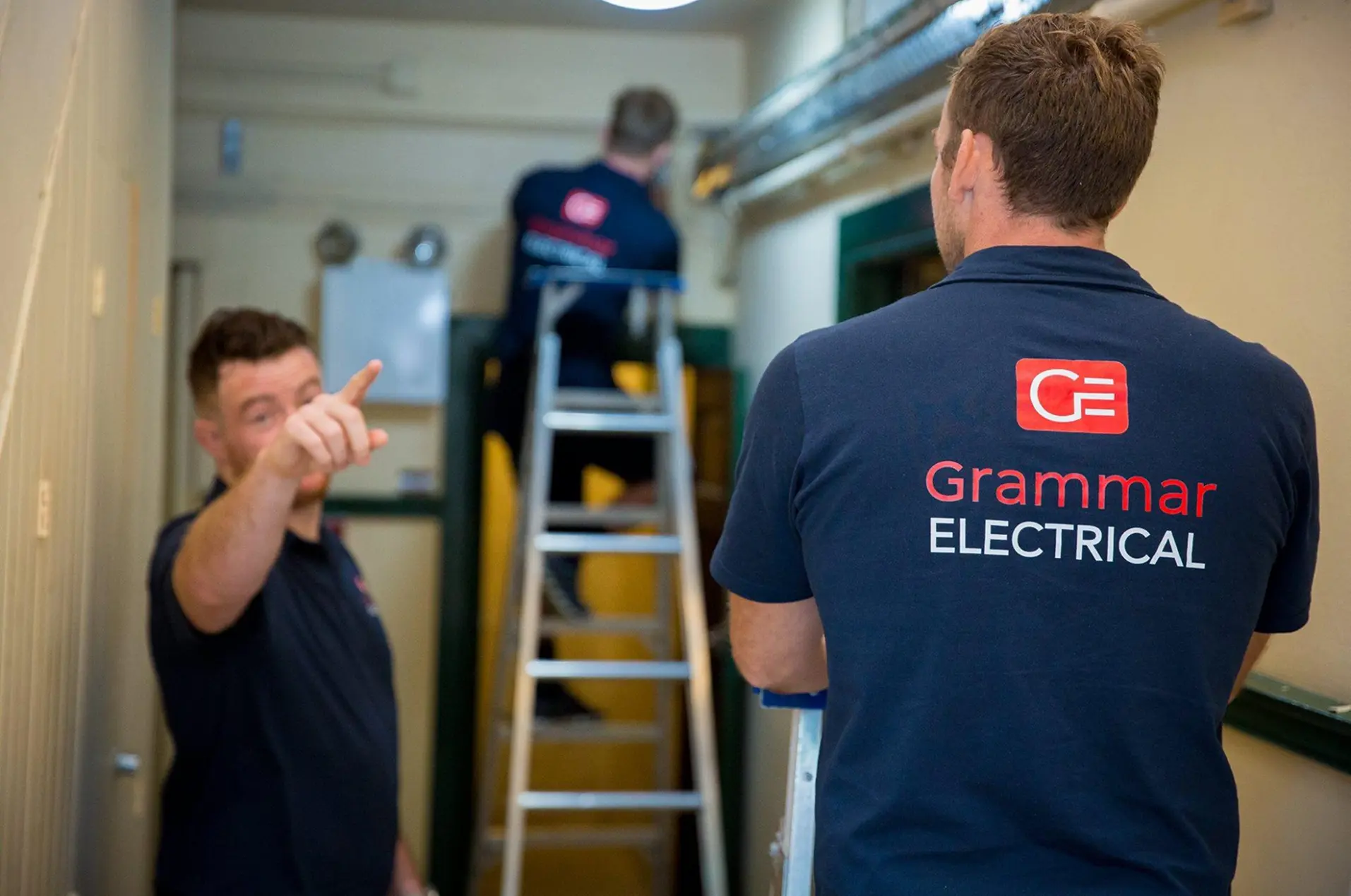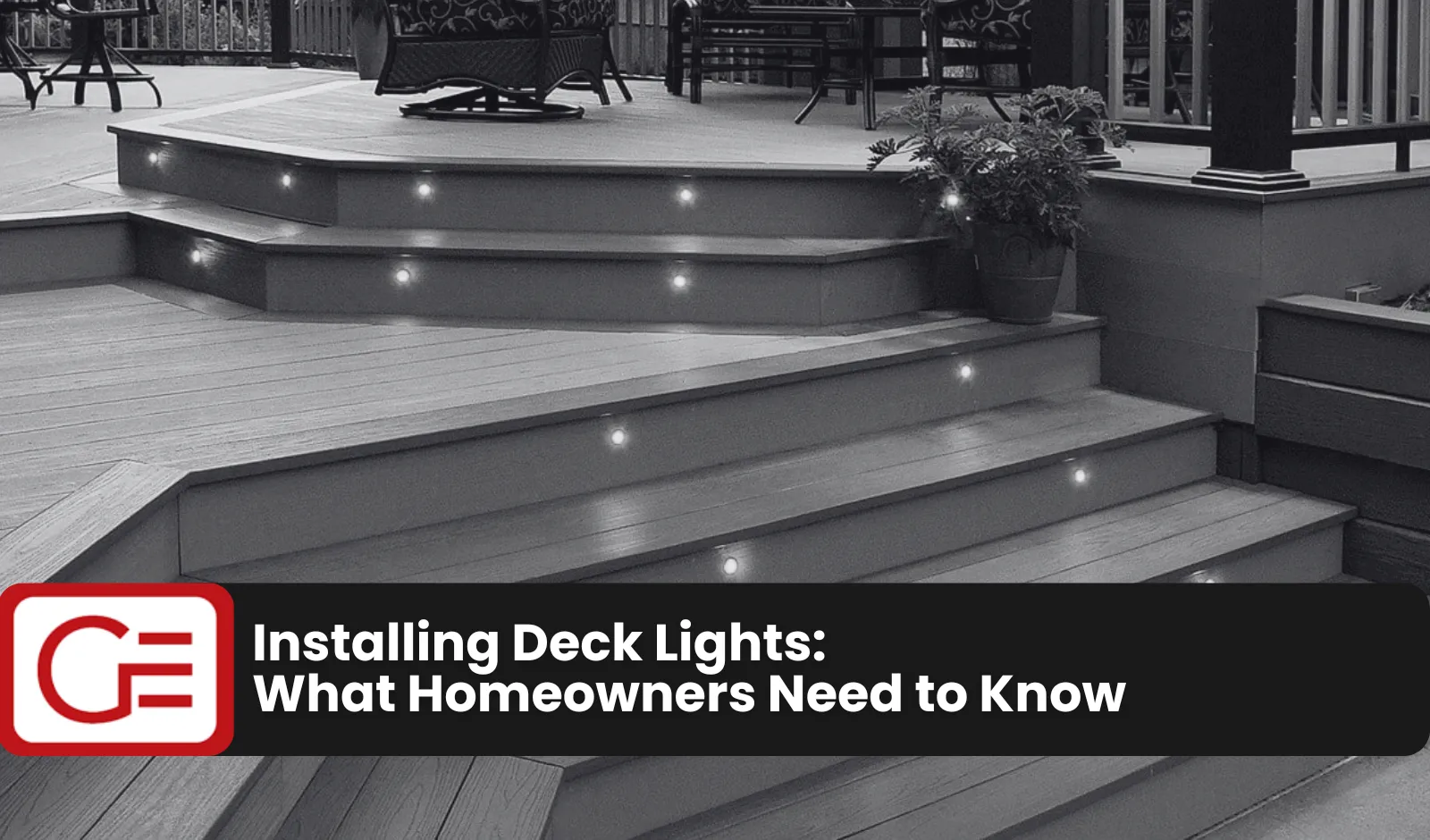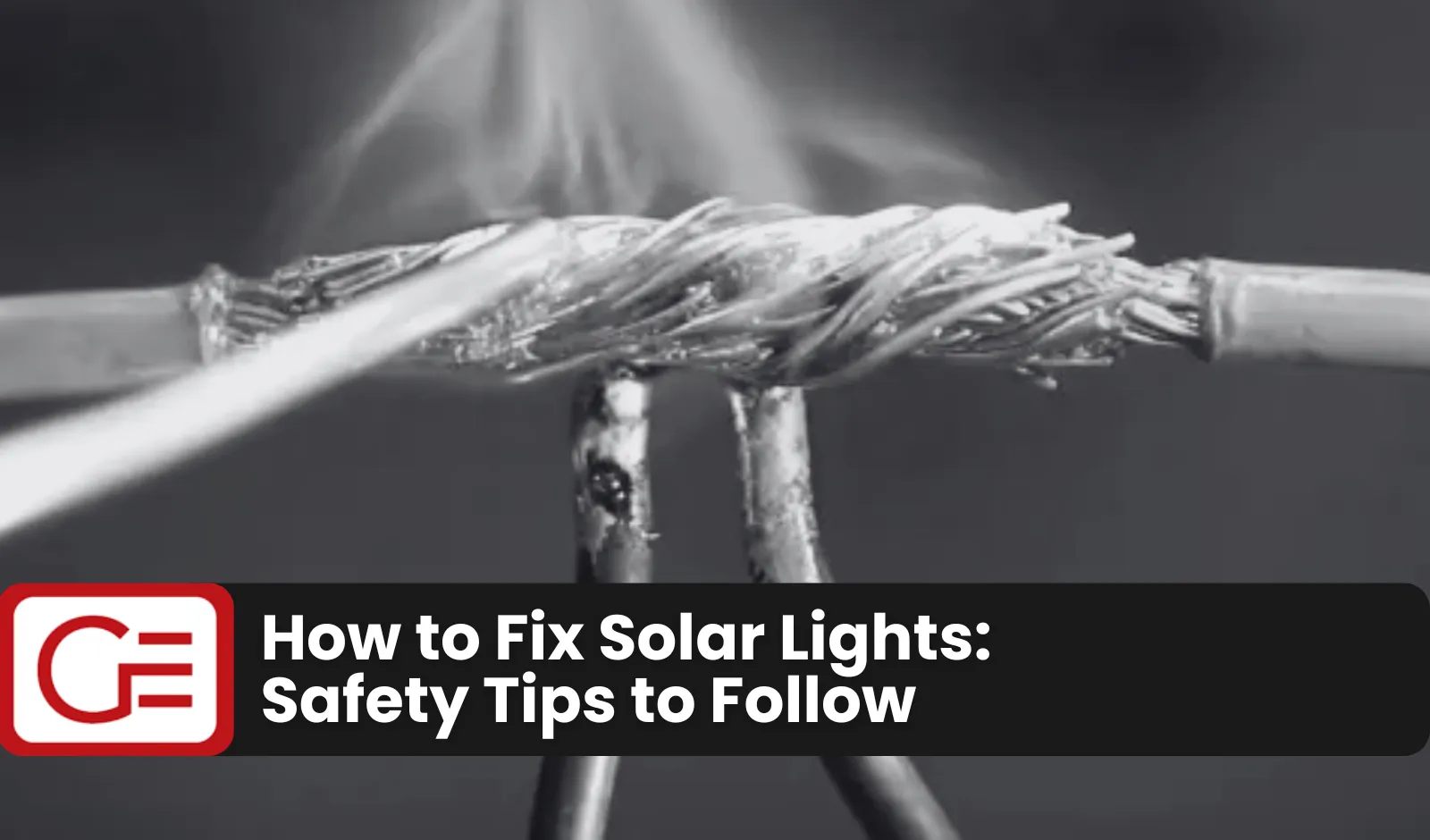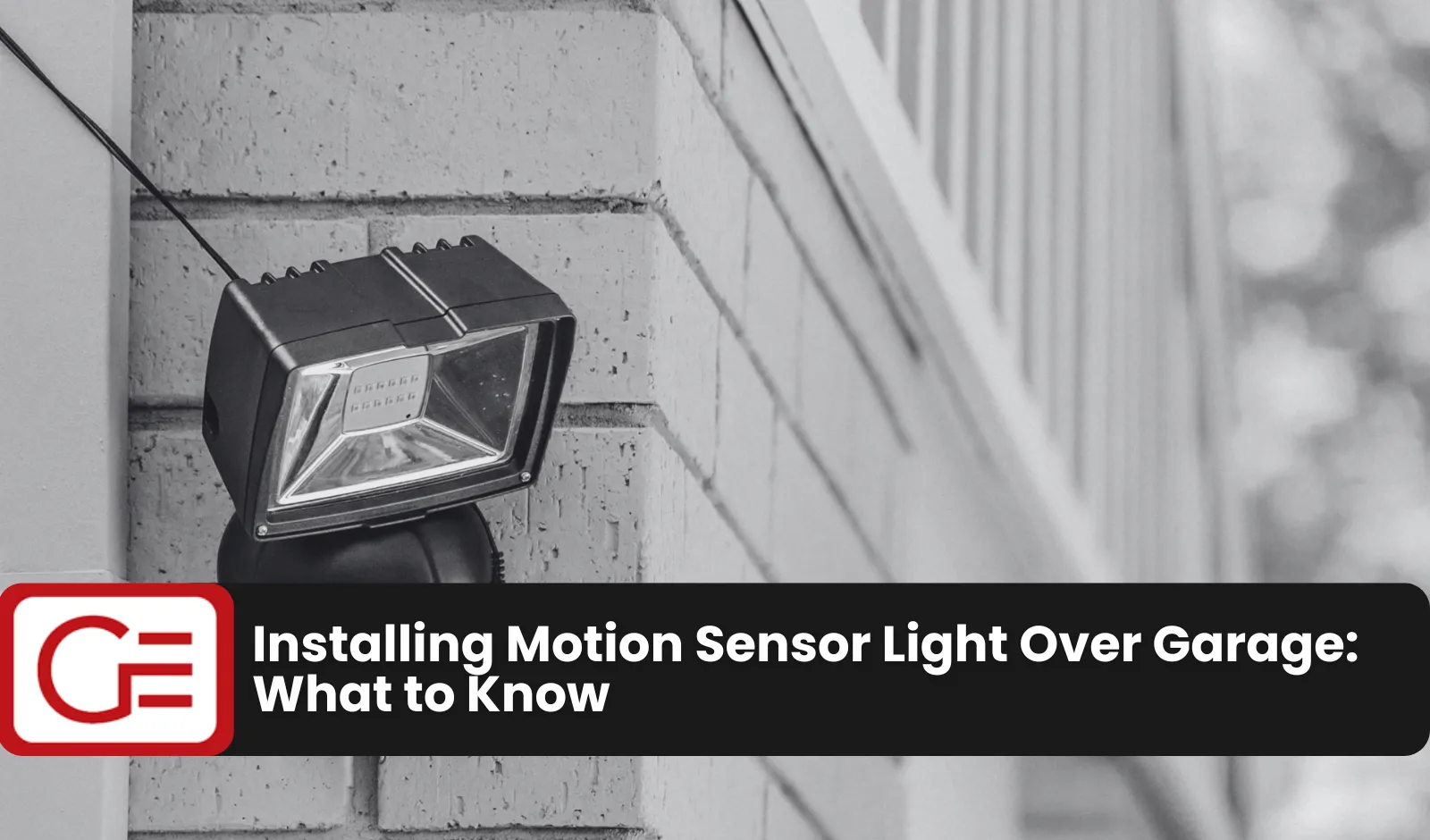

Common Causes of Buzzing Lights
- Dimmer Switches Dimmer switches are a frequent culprit behind buzzing lights. Traditional dimmer switches are often incompatible with newer LED or CFL bulbs, leading to a buzzing or humming sound. The electrical current flowing through the dimmer switch can create vibrations, causing the buzzing noise.
- Incompatible Light Bulbs Using the wrong type of bulb for your fixtures or switches can result in buzzing. For instance, placing a non-dimmable LED bulb in a fixture controlled by a dimmer switch can lead to noise and performance issues.
- Loose Bulbs or Fixtures A loose bulb or fixture can cause a buzzing sound. When bulbs are not securely screwed in, the electrical current may cause the filament or other components to vibrate, leading to a buzzing noise.
- Faulty Ballasts in Fluorescent Lights Fluorescent lights rely on ballasts to regulate the current. If the ballast is old, damaged, or incompatible with the bulb, it can cause a buzzing or humming sound. This issue is common in older fluorescent fixtures.
- Electrical Issues More serious electrical problems, such as overloaded circuits, loose wiring, or faulty connections, can cause buzzing lights. These issues not only create noise but can also pose significant safety hazards if left unaddressed.
How to Fix Buzzing Lights
1. Check and Tighten Bulbs
Start by ensuring that all bulbs are securely screwed into their sockets. Loose bulbs can cause vibrations and buzzing sounds. Tightening them can often resolve the issue.
2. Replace Incompatible Bulbs
If you're using LED or CFL bulbs with a dimmer switch, make sure the bulbs are compatible with the dimmer. Look for bulbs labeled as "dimmable" and compatible with your specific type of dimmer switch.
3. Upgrade Dimmer Switches
If you have older dimmer switches, consider upgrading to ones specifically designed for use with LED or CFL bulbs. Modern dimmer switches are more compatible with these types of bulbs and can eliminate buzzing.
4. Inspect Fluorescent Fixtures
For buzzing fluorescent lights, check the ballast. If it’s old or faulty, replacing it with a new, compatible ballast can resolve the issue. Alternatively, consider upgrading to LED fixtures, which do not require ballasts and are generally quieter.
5. Consult an Electrician
If the buzzing persists despite trying the above solutions, it might be time to consult a professional electrician. Buzzing lights can indicate underlying electrical issues that require expert attention. An electrician can inspect your wiring, circuits, and fixtures to identify and resolve any problems safely.
Preventing Future Buzzing Issues
To prevent buzzing lights in the future, consider these tips:
- Regular Maintenance: Regularly inspect and maintain your light fixtures, bulbs, and switches to ensure they are in good working condition.
- Quality Products: Invest in high-quality bulbs, fixtures, and electrical components to reduce the likelihood of buzzing and other issues.
- Professional Installation: Have new fixtures, dimmer switches, and electrical systems installed by a licensed electrician to ensure they are properly set up and compatible.
Conclusion
Buzzing lights are a common issue with various potential causes, from incompatible bulbs and dimmer switches to loose fixtures and electrical problems. By identifying the root cause and applying the appropriate solutions, you can eliminate the annoying buzzing sound and ensure your home’s electrical system operates smoothly. If you’re unsure about the cause or unable to fix the issue on your own, don’t hesitate to seek help from a professional electrician. Addressing buzzing lights promptly can help maintain a safe and comfortable home environment. Contact Grammar Electrical today.
Auckland’s Trusted Electricians
Fast, reliable electrical repairs, installations & upgrades - available 24/7.
Book Online & Save $15
Got a question?
Contact us for a FREE installation quote or book your job online today.
Same Day Service Guarantee - Terms & Conditions

The "Same Day Service Guarantee or it's Free" applies to:
a. Residential work and Commercial only.
b. Jobs specified as needing same day service when booking a job by phone or online.
c. Residential and Commercial work booked with Grammar Electrical:
i) Before 11:00AM
ii) For calls or online bookings received after 11:00AM, the customer will be offered a job. Booking for the next business day and normal callout fees ($170+ GST) will apply.
iii) Any other jobs booked outside business hours (9:00AM - 5:00PM Monday- Friday) will incur after hours charges.
iv) This offer is excluded for jobs booked on New Zealand public holidays.
d. If Grammar Electrical are unable to attend on the same day (within 24 hours) for a job booked by the customer, the standard callout fee of $170 + GST will be waived and is free, but all other normal charges, fees and expenses will apply to perform the Electrical Services and to provide any products/materials concerning those services.
e. The Standard Callout Fee will be deducted from your bill as long as you pay within your invoice's due date. The callout charge is applicable if your invoice is overdue.
f. If Grammar Electrical are willing and able to perform the Service or provide the Goods on the same day the job is booked, however the Customer for whatever reason does not give access to their property on the day, Grammar Electrical will be deemed to have complied with it's "Same Day or it's Free" guarantee and shall be entitled to charge the customer the standard call-out fee.
g. This offer is not a guarantee of work being completed. The completion of the job will depend on stock availability and also the amount of work required.

























